Breaking: Portuguese businessman kidnapped in Maputo, Mozambique
Access and security: Two challenges to aid in northern Mozambique – MSF
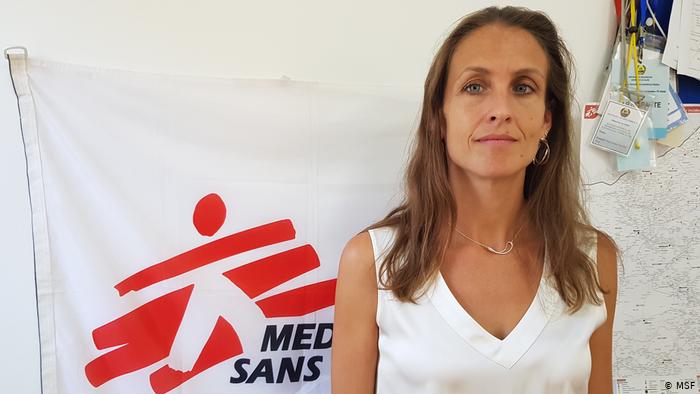
Caroline Rose, head of the MSF mission in Mozambique. Photo: DW
Getting humanitarian aid to the worst-affected areas is the biggest challenge, according to the head of Médecins Sans Frontières (MSF) in Mozambique. A vaccination campaign against cholera starts on Thursday.
The difficulty accessing areas worst affected by Kenneth Cyclone in northern Mozambique is the biggest challenge to getting humanitarian aid to the population. In addition, armed attacks in the province of Cabo Delgado are hampering the work of health teams, according to Caroline Rose, head of the mission of Médecins Sans Frontières (MSF) in Mozambique.
“We face challenges accessing the worst-affected areas in terms of transport logistics and security,” she told DW Africa in an interview. “It can be dangerous gaining access to these areas, and this is limiting aid.”
Another challenge is rehabilitating health centres. “Some were completely destroyed,” Rose says. Now authorities are struggling with cholera just the infrastructure was devastated by the natural disaster at the end of April.
According to the Ministry of Health (Misau), about half a million people will be vaccinated against cholera in the regions affected by the cyclone. The vaccination campaign, which will help control the situation, will start on Thursday (16.05).
DW Africa: What health challenges are there in the north of Mozambique at the moment?
Caroline Rose (CR): In the province of Cabo Delgado, after Cyclone Kenneth, we had an outbreak of cholera declared in the districts of Mecufi, Pemba and Macomia. MSF is supporting local health authorities in the response.

DW Africa: Are there any cases of malaria?
CR: Malaria cases are increasing, it is true, but this is a region where there have always been cases of malaria. We will probably see an increase in the future. The biggest health problem, besides cholera, is that many health centres were destroyed by Cyclone Kenneth. On the island of Ibo and in the district of Macomia, there are no health services. Women and children who need primary and primary care no longer have access.
DW Africa: How is MSF helping the Mozambican authorities to resolve the situation?
CR: We are intervening in different places. We are rehabilitating health centres and donating medicines, because in many cases everything has been destroyed. If necessary, we can support Ministry of Health staff by consulting also, as is the case in the Macomia health centre. Alongside health, it is always necessary to provide water, because without access to clean water the population is sure to fall ill. So we are improving access to water in the city of Pemba, and working with the Ministry of Health at the cholera treatment centre there.
DW Africa: A vaccination campaign against cholera begins Thursday in some districts of the province of Cabo Delgado. This vaccination is vital to combat disease at this delicate time.

CR: Exactly, it is vital to stop the outbreak. It has already been carried out in the city of Beira, in the province of Sofala, where about 900,000 people were vaccinated. We have seen the outbreak falling back in Sofala, almost ending. Now we have to do the same thing in the cities of Pemba, Micufi and Metuge. With the support of the Ministry of Health, UNICEF (United Nations Children’s Fund) and the World Health Organization, we are going to vaccinate about 500,000 people.
DW Africa: Has MSF also been working on cholera prevention awareness campaigns in northern Mozambique?
CR: Yes, MSF always works on health promotion. At the same time, we are providing care and working to ensure access to clean water and sanitation. These activities go together and it is important to communicate to the population and communities about what cholera is, how to avoid it, and how to get access to clean water. When someone has cholera symptoms, they need to go to a health centre.
DW Africa: What are the main challenges in the province of Cabo Delgado at this moment?
CR: We face challenges accessing the most devastated areas in terms of transport logistics and safety. In some areas, access is only possible by boat or helicopter, because roads are still cut. The areas most affected by the cyclone are also where armed attacks have been occurring for more than a year now, as in the district of Macomia. So it can be dangerous, and this is limiting aid.



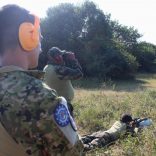
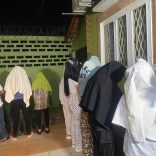
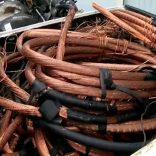
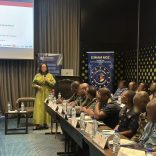





Leave a Reply
Be the First to Comment!
You must be logged in to post a comment.
You must be logged in to post a comment.